Young voters in the UK, facing economic insecurity and a lack of political representation, are increasingly turning to smaller parties for the answers to their problems. Here’s the full story.
Disillusionment With Mainstream Parties

Young people in the United Kingdom, a surprisingly broad category including those not-so-young millennial 35-year-olds and everyone younger than them, are increasingly disillusioned with the country’s mainstream parties.
Economic Struggles and Apathy

Economic insecurity, high rents, poor job prospects, the sense that few politicians are listening to their concerns and the increased political apathy this all brings are driving many young voters away from the traditional Labour and Conservative parties.
Rise of Smaller Parties

The latest findings suggest that this demographic’s dissatisfaction contributes to the rise of smaller political parties as they seek alternatives that better address their concerns.
Seeking Alternatives

Unsurprisingly, young people look at other political options as their generation is experiencing unprecedented economic challenges.
Pessimism About Economy

According to Keiran Pedley, director of politics at Ipsos, young people “tend to be much more pessimistic about the economy than the population overall.”
Pandemic Impact

This sentiment has deepened since the pandemic, with the housing crisis and stagnant wage growth being among the key issues fueling this pessimism.
Ongoing Economic Pessimism

Pedley told the Guardian, “In 2023, younger people tended to be as pessimistic about the economy as they were during the pandemic, with young women particularly pessimistic.”
Housing Crisis Concerns

He added, “That has not always been the case. There’s no surprise to anybody that housing is much more of an issue for this group.”
Shift to Smaller Parties
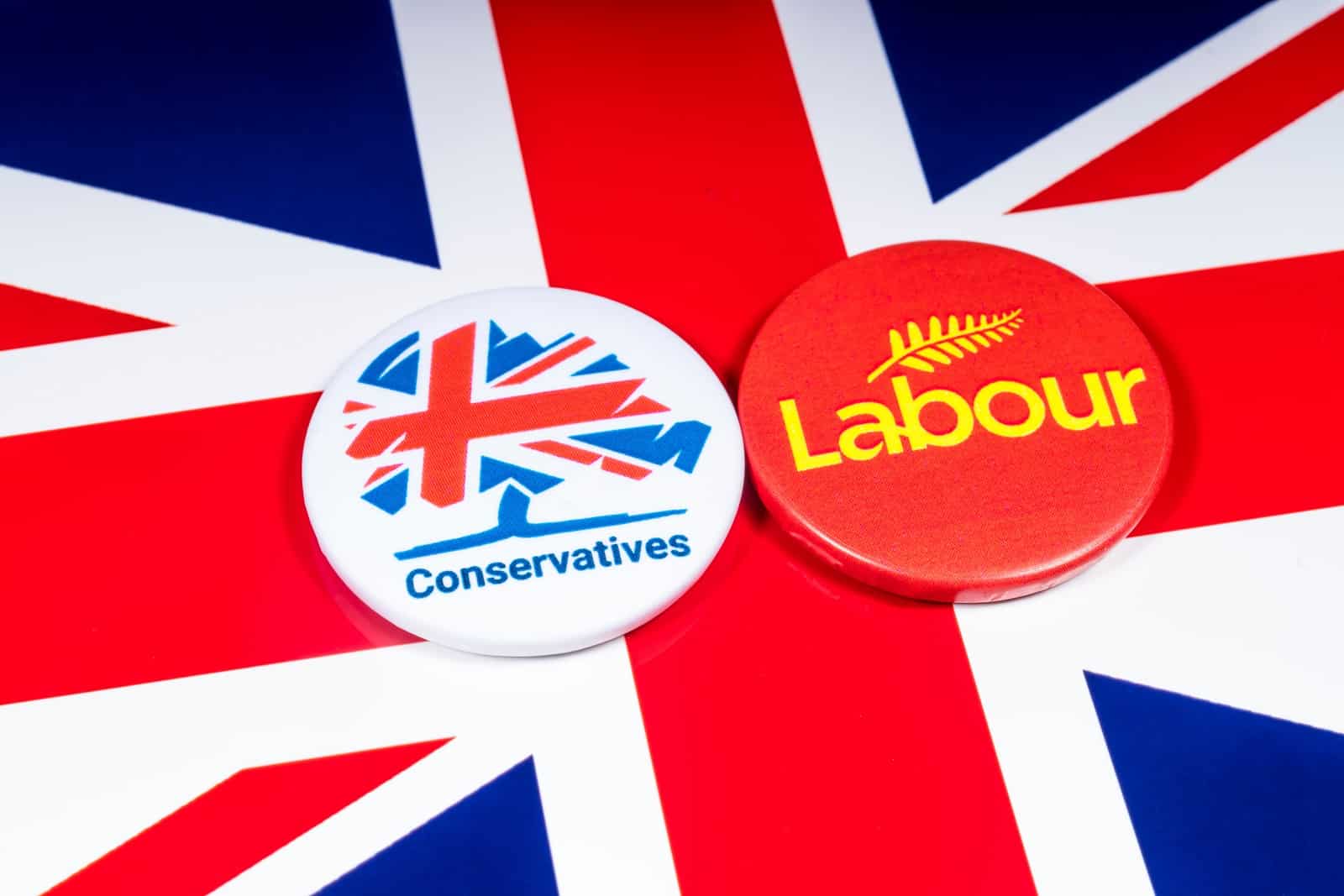
The growing disenchantment with Labour and the Conservatives prompts many young voters to consider smaller parties such as the Liberal Democrats and the Greens.
Smaller Parties Gaining Ground

Recent polls indicate that these parties are gaining traction among younger people, who increasingly feel that politicians are not hearing their voices.
Non-Major Party Support

This shift is underscored by the findings of Guy Miscampbell, head of political and social research at Focaldata, who stated, “18- to 24-year-olds are fractionally more likely to be supporting non-major parties.”
High Rents, Tuition Fees

With high rents, rising tuition fees, and a challenging job market, many young people feel that neither Labour nor the Conservatives are addressing their needs.
Lack of Representation

As Miscampbell points out, “If you’re a young person who’s facing really high rents, tuition fees and a job market with low real-term wage growth, it’s hard to feel that there’s a party representing you.”
Green Party Appeal
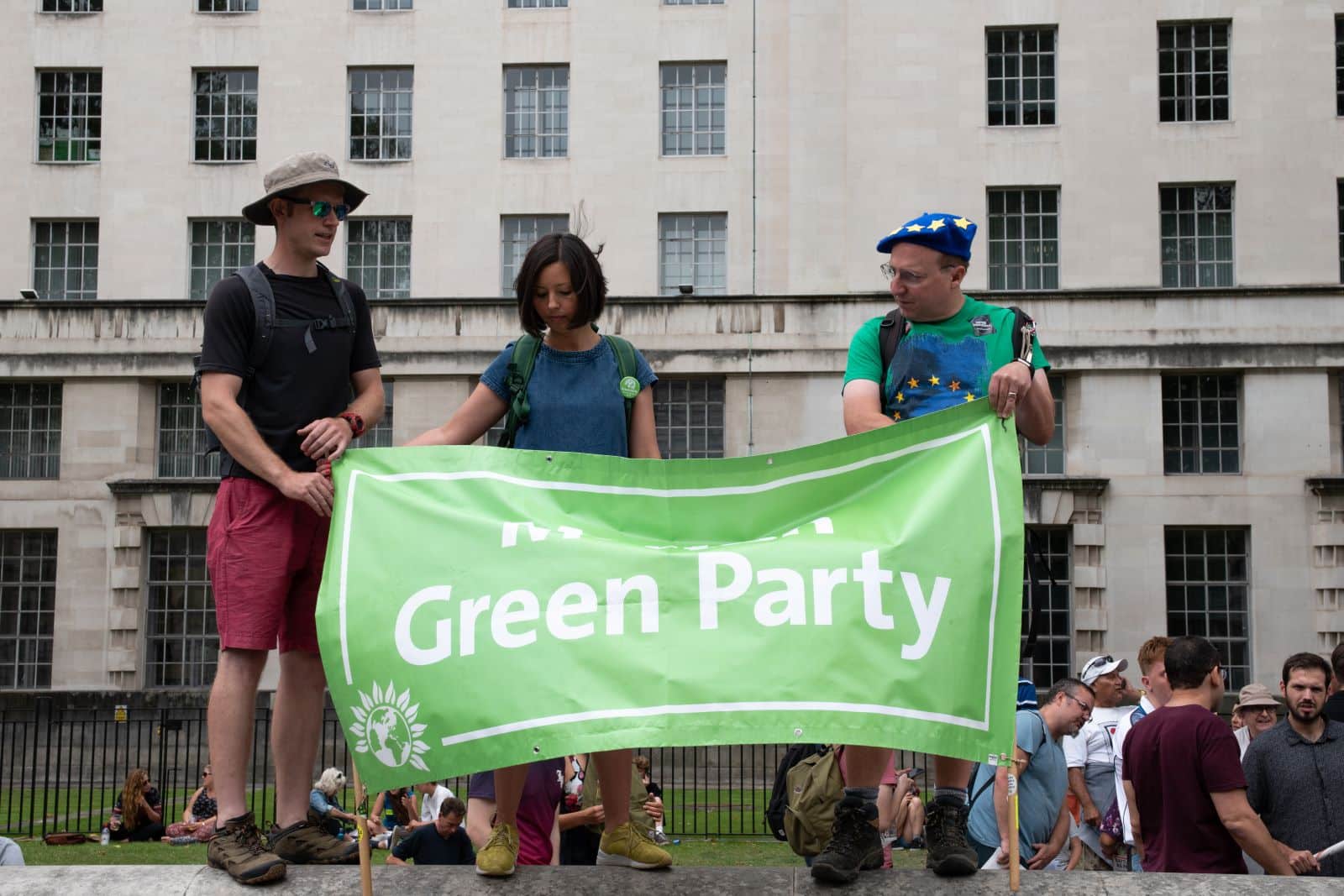
The Green Party, in particular, is benefiting from the disillusionment among young voters.
Younger Green Voters
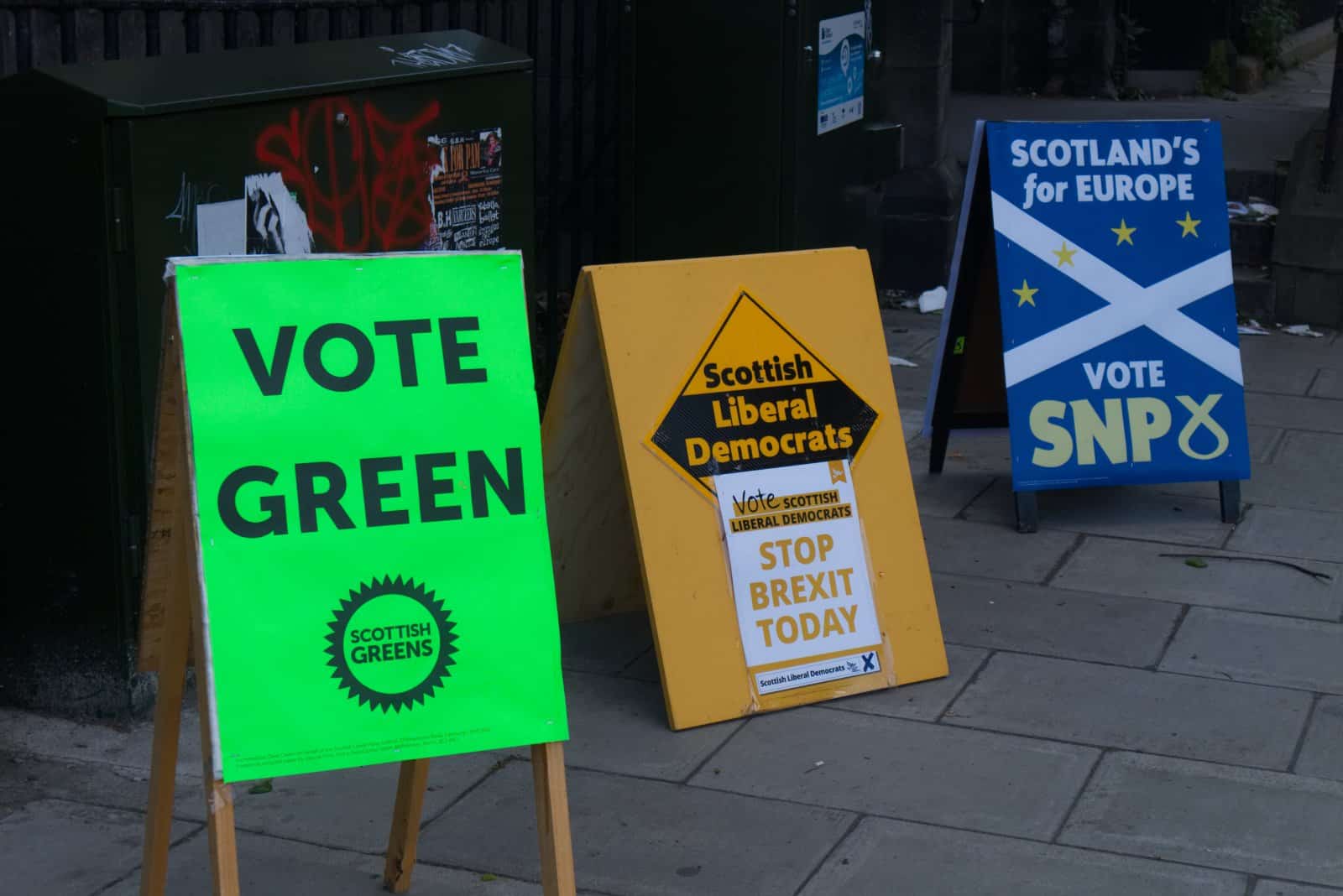
Pedley notes that “Green voters generally tend to be younger than the population as a whole,” and they are also “very dissatisfied with Keir Starmer,” the leader of the Labour Party.
Shift Toward the Greens

This dissatisfaction is pushing more young voters towards the Greens, who are seen as more aligned with their values and concerns, particularly around environmental sustainability and social justice issues.
Mainstream Parties Struggling

Despite the clear interest of young voters in alternative political voices, mainstream parties have struggled to engage this demographic effectively through modern digital platforms.
Ineffective Digital Engagement

Dr. Stephanie Luke from the UK in a Changing Europe think tank highlights that “parties have not figured out how to make use of new routes to younger voters such as TikTok.”
Driving Youth Away
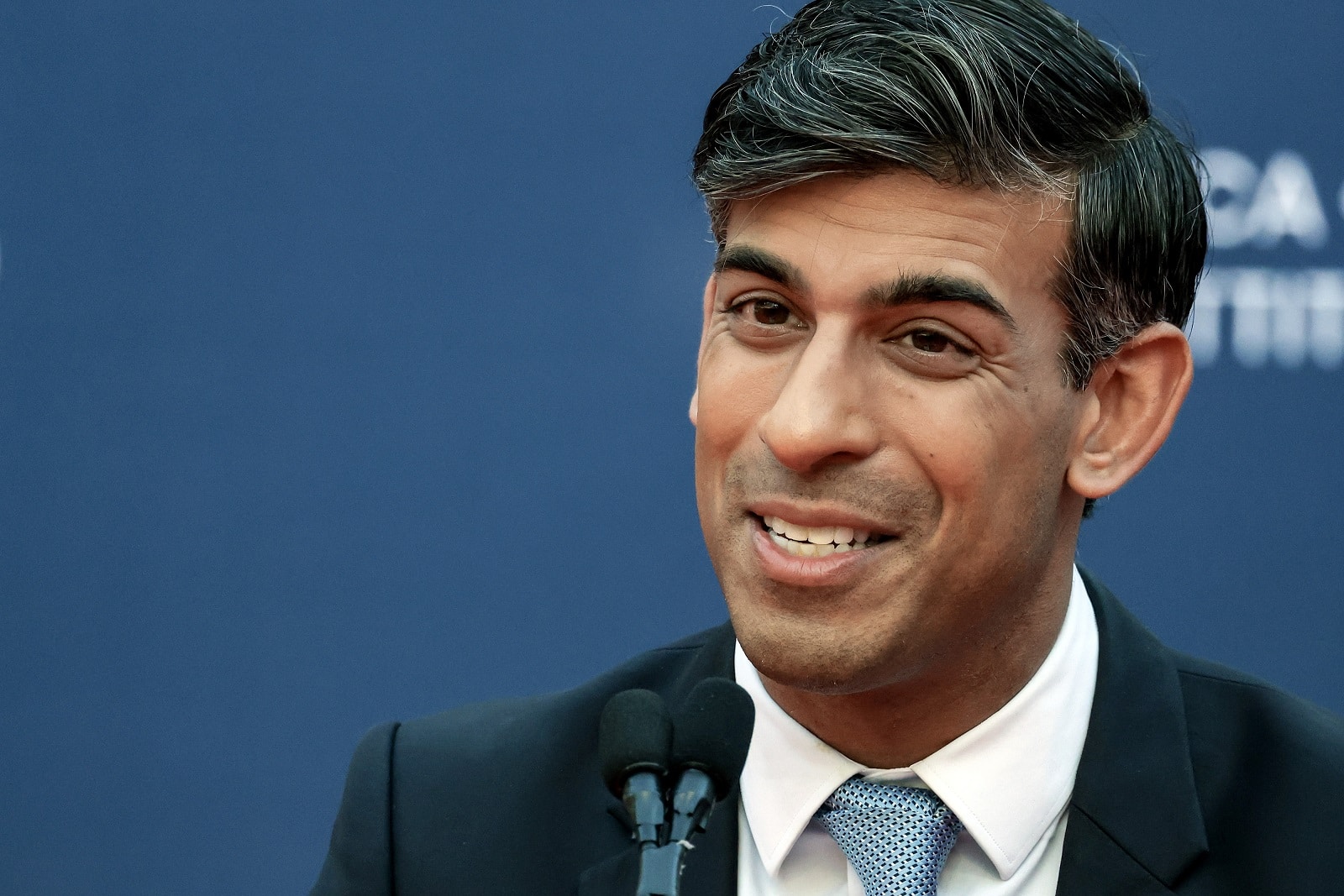
Some parties seem to be actively driving younger people away from voting for them, as Prime Minister Rishi Sunak’s first video on TikTok was about reintroducing national service.
Unpopular Policies

This policy is almost universally reviled by the young who would be forced to participate.
Growing Apathy Challenge

The growing sense of apathy among young voters presents a significant challenge for the future of UK politics.
Feeling Ignored

The feeling of being ignored and lacking effective representation drive young people away from the political process.
Low Confidence in Voting

As Miscampbell highlights, a significant portion of young voters express dissatisfaction with voting, with only 24% of 18- to 24-year-olds feeling certain about their political choices, compared to 43% of the general population.
Threat to Voting Participation

This trend suggests that unless mainstream parties address the concerns of young voters and find more effective ways to engage them, young people could be put off of voting entirely or vote for smaller parties in larger numbers.
Urgent Need for Change

The disillusionment of young voters in the UK underscores the urgent need for political parties to rethink their strategies and priorities quickly.
Risk of Political Alienation
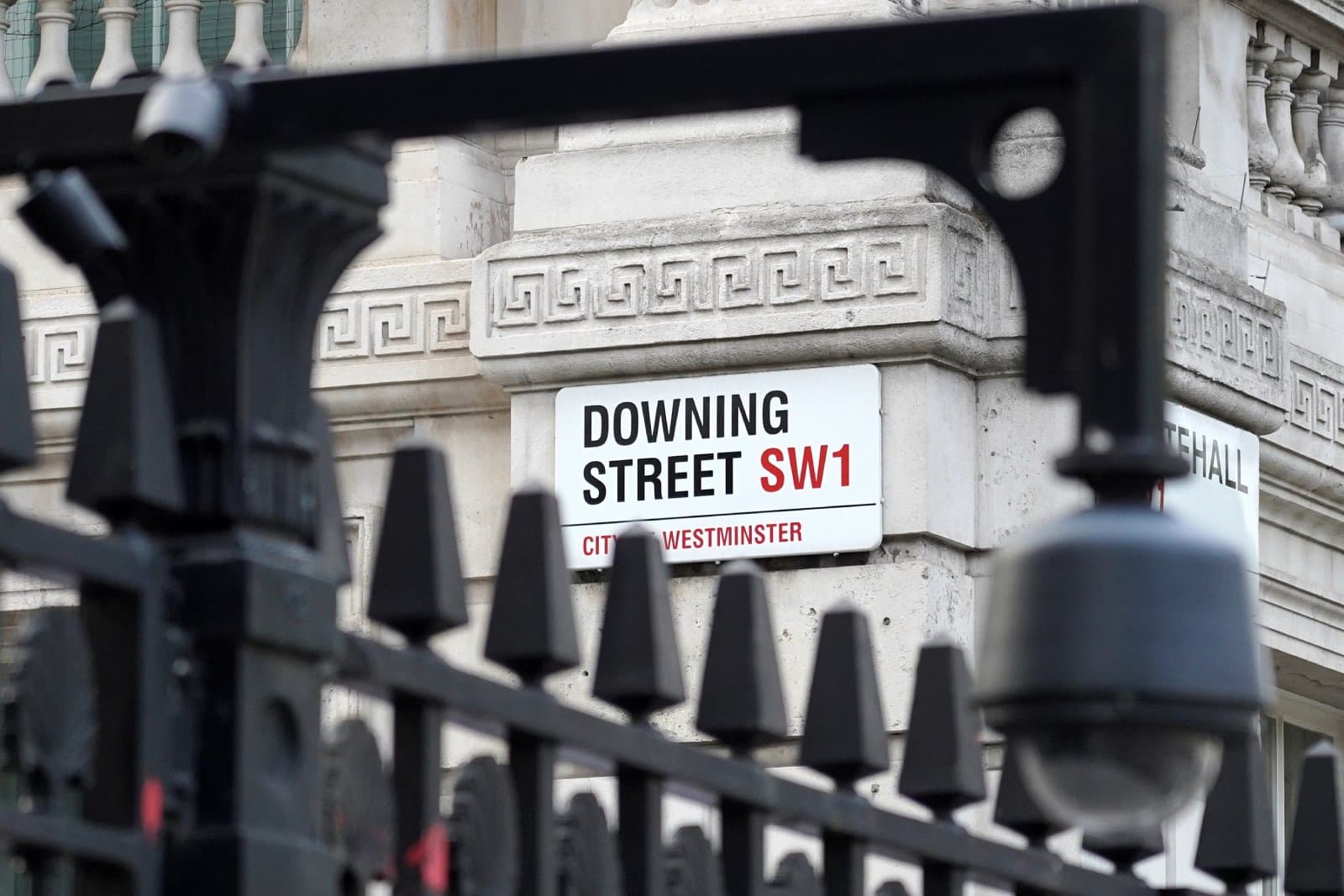
As the economic and social challenges facing this demographic continue to grow, and the mainstream parties seem to have nothing to say to them, the UK is in danger of driving an entire generation of young people away from the democratic process.
History of Betrayal
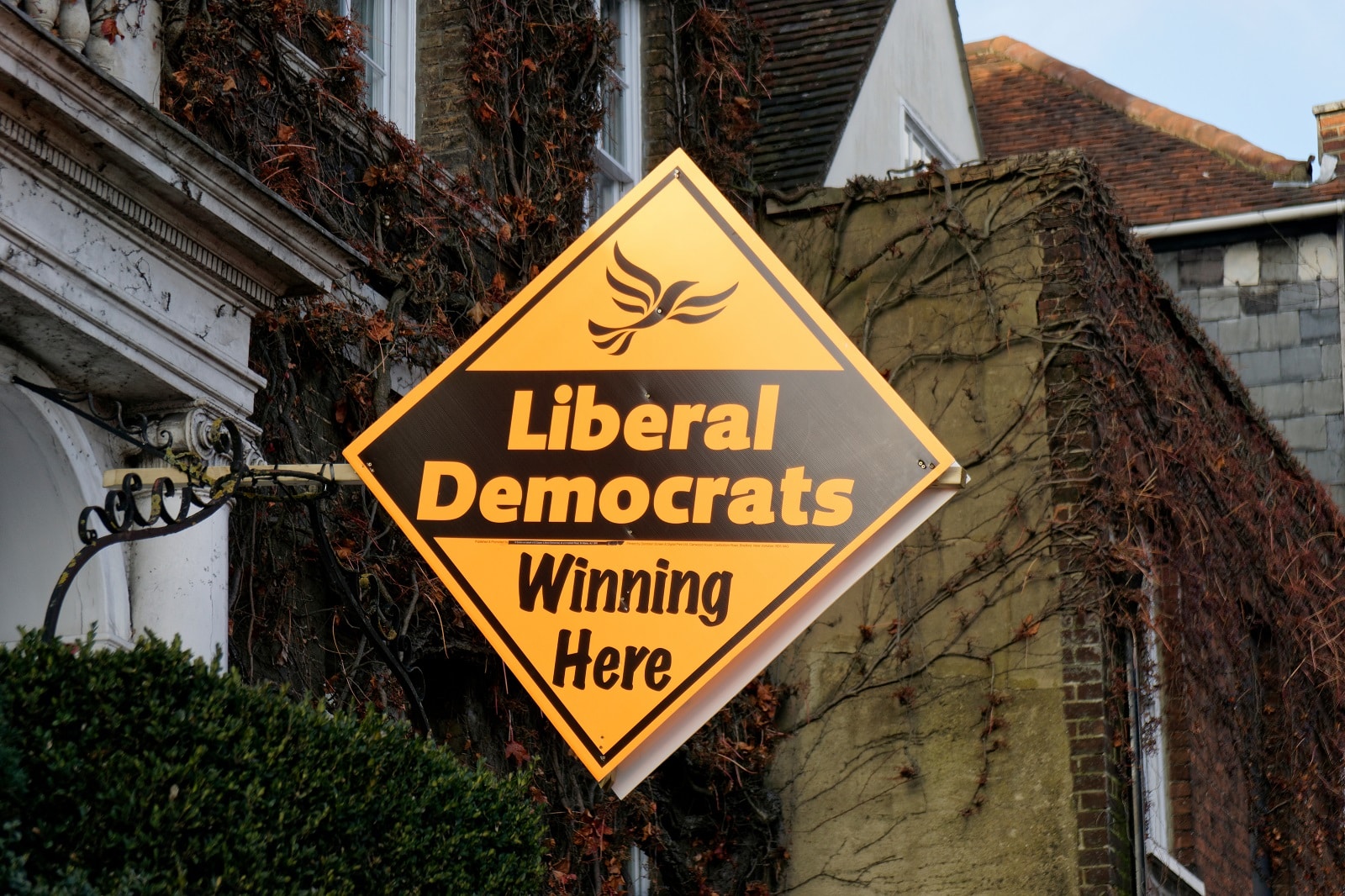
Since the betrayal of the Liberal Democrats, who, in 2010, promised they would abolish tuition fees before tripling them when they got into power alongside the Conservatives, young people have increasingly felt that their concerns are being ignored.
Risk to Future Generations

The talents of an entire generation, from millennials to Gen Z, with Gen Alpha following close behind, are at risk of being squandered by politicians only interested in older voters, who tend to vote the most regularly.
Potential Political Shift
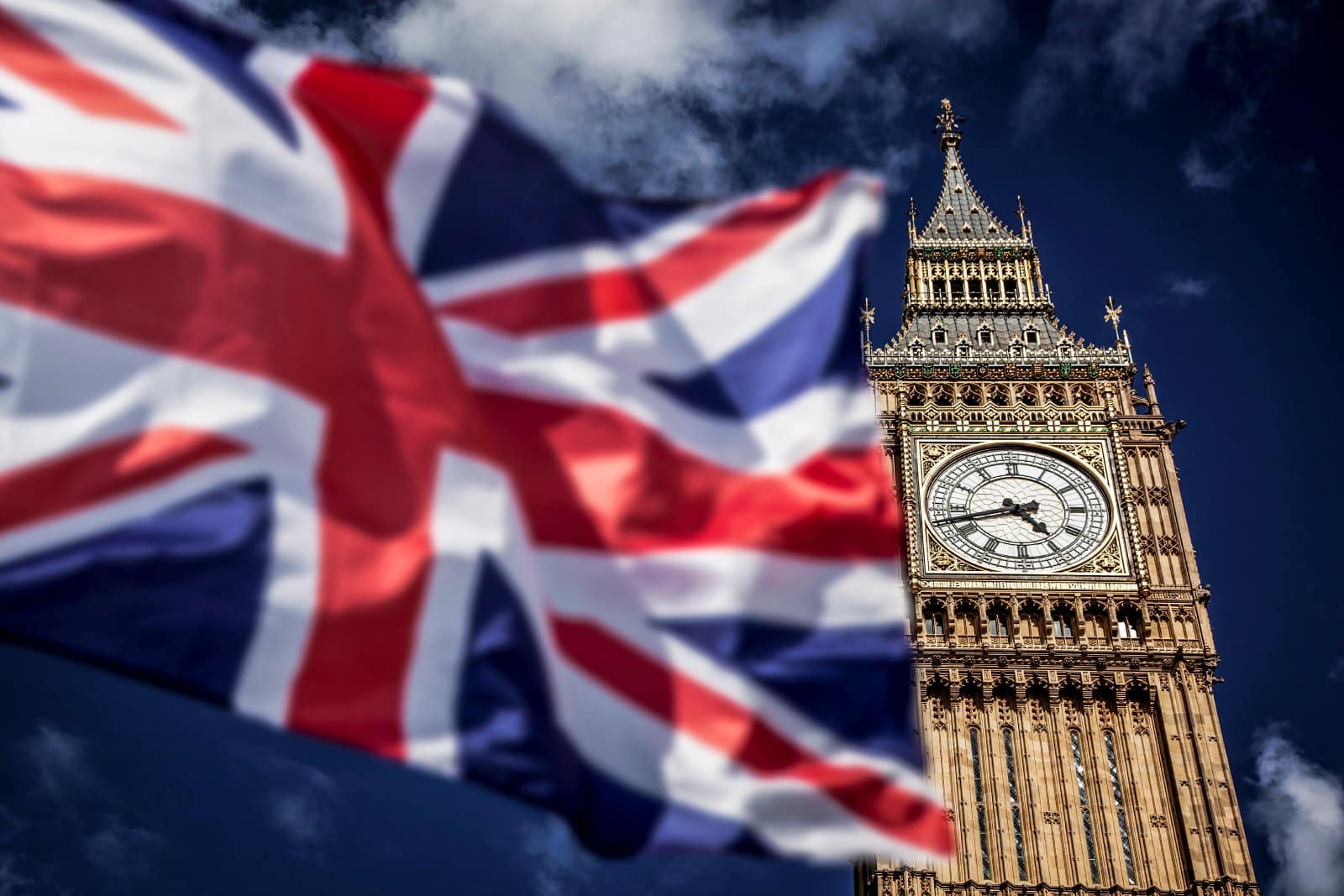
It remains to be seen whether this growing sense of political apathy will force young people away from the two main parties in this election, potentially reshaping the political landscape of the UK forever.
The post UK’s Young Population Fights For Political Voice and Recognition first appeared on Now Buzz.
Featured Image Credit: Shutterstock / Ground Picture.

